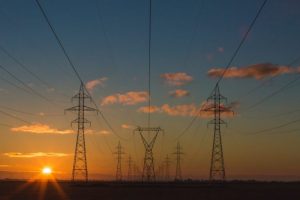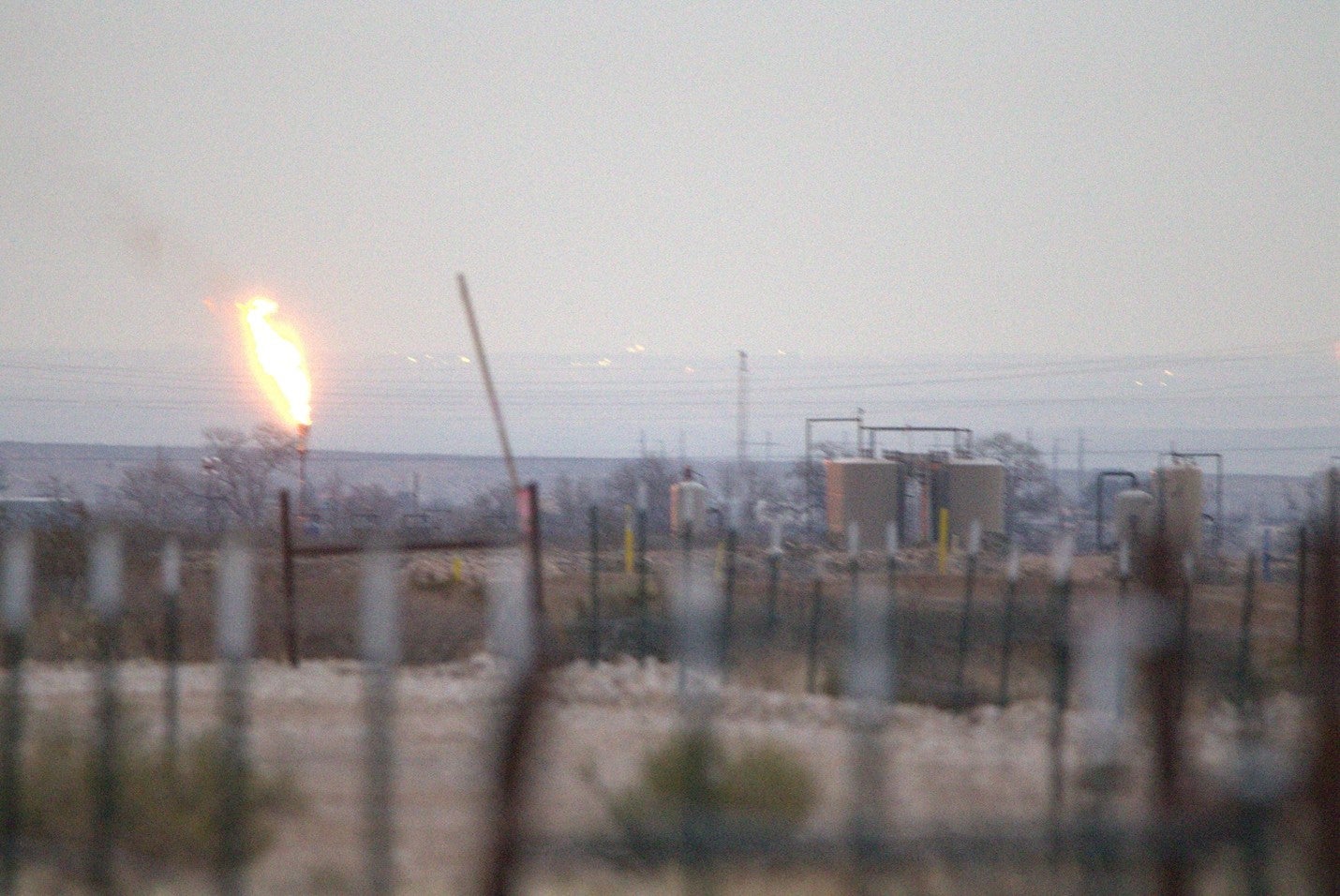Public health crisis underscores need to protect vulnerable Texans. Here’s how the PUC is responding.
 As Texans contend with the threat of the COVID-19 virus and an economic downturn, the state’s Public Utility Commission has adopted a proposal to prevent customers from having their power shut off in the midst of the current crisis.
As Texans contend with the threat of the COVID-19 virus and an economic downturn, the state’s Public Utility Commission has adopted a proposal to prevent customers from having their power shut off in the midst of the current crisis.
Chairman DeAnn Walker initially put forward a set of policies on Tuesday to protect the state’s most vulnerable while keeping our competitive electricity market healthy and resilient. Today, the PUC advanced those policies with some changes.
Why it’s needed
Even before the current crisis unfolded, many Texas households struggled to pay for the electricity required to meet their energy needs and maintain a healthy lifestyle. This experience of energy poverty is common among the state’s nearly 4 million low-income households.
Now, as Texas communities focus on the public health response to the COVID-19 virus, households should not have to worry about utilities pulling the plug on their electricity when they need it most.
Public health crisis underscores need to protect vulnerable Texans. Here’s how the PUC is responding. Share on XWith millions of Texans under shelter in place orders and the state’s unemployment rate expected to double, we need innovative solutions to ensure that communities have the resources to weather the storm and safeguard their wellbeing.
How it would work
The adopted plan prevents retail electric providers from disconnecting residential customers’ power during the COVID-19 Disaster Declaration issued by Gov. Greg Abbott.
Retail electric providers would be compensated for the electricity they provide to customers, and would not be charged most delivery fees for moving that power across the transmission grid to customers’ homes. Similarly, the utilities that maintain the transmission and distribution lines would be able to recuperate costs associated with moving that power through their networks.
The funding for this mechanism would come from a surcharge applied evenly across the grid’s electricity users, at a proposed rate of 33 cents per megawatt hour.
Given that the average Texas household uses between one and two MWhs of electricity per month, Texans could expect to pay an additional 33 to 66 cents on their monthly bills while this policy is in place. That’s roughly the cost of a candy bar and a reasonable price to pay to protect the most vulnerable among us.
According to Chairman Walker, this approach has the additional benefit of “reducing the exposure of the competitive market from excessive COVID-19-related bad debt that could lead to industry upheaval and bankruptcies.”
Some challenges will remain
Sometime in the next few weeks or months, Texas will emerge from the COVID-19 pandemic. What will remain are the millions of low-income Texans who struggle to afford basic necessities like electricity.
Our state’s policymakers and community leaders should not forget them when the immediate crisis is behind us. Instead, they should make a concerted effort to address energy poverty in Texas, and the barrier it presents to individuals seeking to live healthier, more productive lives.
Texas has long prided itself on being an energy leader. This is an opportunity to show that with ingenuity and compassion, we can expand on that leadership and lift up communities across our state in their time of need.











